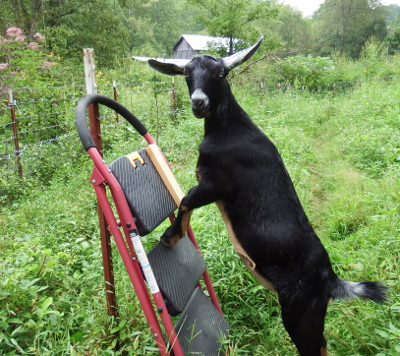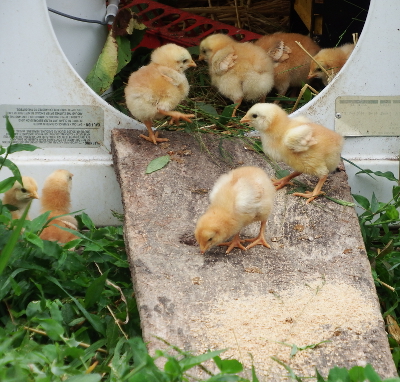
Hedonistic adaptation
 The
rallying cry among those of us who ascribe to voluntary simplicity is
"Things don't make us happy." Why, then, are materialistic habits so
hard to break?
The
rallying cry among those of us who ascribe to voluntary simplicity is
"Things don't make us happy." Why, then, are materialistic habits so
hard to break?
In The How of Happiness, Sonja Lyubomirsky both challenges and supports that rallying cry. She explains that money and possessions do
make us happier...for a little while. If you by a brand new car or
whatever else you've been craving, then your happiness levels receive an
immediate boost. But that boost only lasts for a short period of time,
at which point you tend to drop down to your normal happiness level.
Why? Because humans are
extremely adaptable. Lose a leg, and within a couple of years the
majority of amputees are just as happy as they were pre-surgery. Win the
lottery, and that immediate elation is long gone by the end of twelve
months. Even getting married --- which I've seen in other studies linked
to long-term increases in health and happiness --- is only supposed to
raise you above your own average happiness level for about two years.
 These
examples are all types of hedonistic adaptation --- the human tendency
to get used to both positive and negative changes in our lives. The good
news is, you can counteract hedonistic adaptation, drawing out the
positive effects of everything from that new handbag to that new spouse.
These
examples are all types of hedonistic adaptation --- the human tendency
to get used to both positive and negative changes in our lives. The good
news is, you can counteract hedonistic adaptation, drawing out the
positive effects of everything from that new handbag to that new spouse.
It takes conscious effort
to extend the honeymoon period so you can keep savoring and
appreciating the wonder of having fun-loving goats and cute, cuddly
chicks on your farm, but the project is definitely worth the time.
Similarly, if you've got some money to spend and want to go out and buy
something new to make you happy, try selecting experiences instead of
physical objects, and do so in small doses spread throughout the year
rather than in one big chunk.
Or just be aware of your own tendency toward hedonistic adaptation and
ask yourself --- "how long will that new wardrobe make me happy, and is
that short boost in mood worth the expense?" The awareness just might be
enough to help you achieve your goal of voluntary simplicity.
Want more in-depth information? Browse through our books.
Or explore more posts by date or by subject.
About us: Anna Hess and Mark Hamilton spent over a decade living self-sufficiently in the mountains of Virginia before moving north to start over from scratch in the foothills of Ohio. They've experimented with permaculture, no-till gardening, trailersteading, home-based microbusinesses and much more, writing about their adventures in both blogs and books.
Want to be notified when new comments are posted on this page? Click on the RSS button after you add a comment to subscribe to the comment feed, or simply check the box beside "email replies to me" while writing your comment.
- Remove comment
- Remove comment
- Remove comment
- Remove comment
